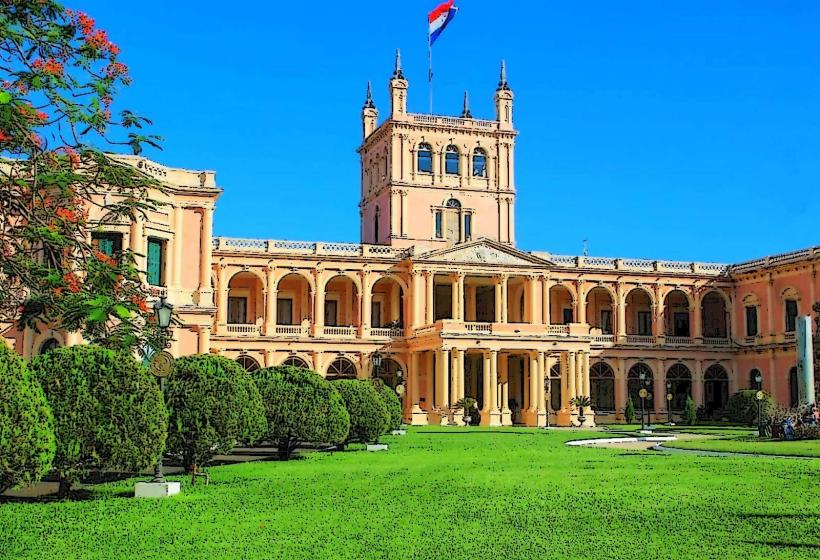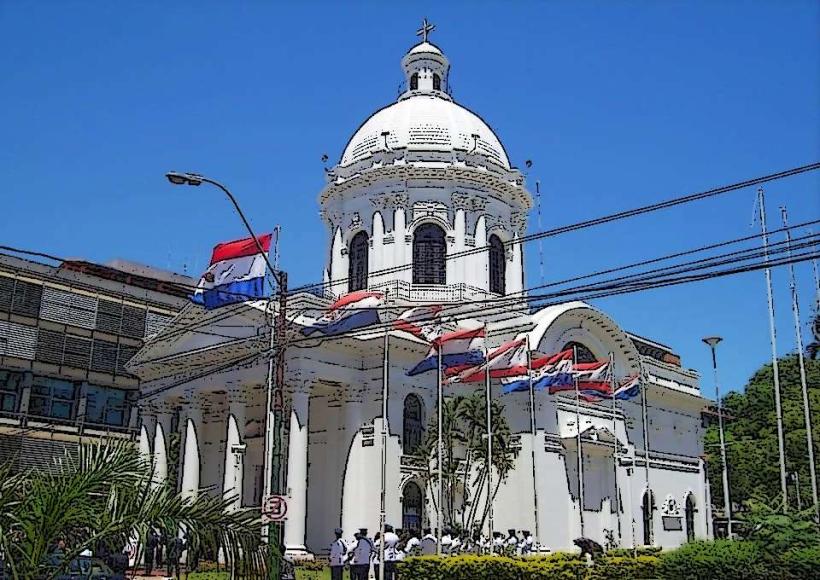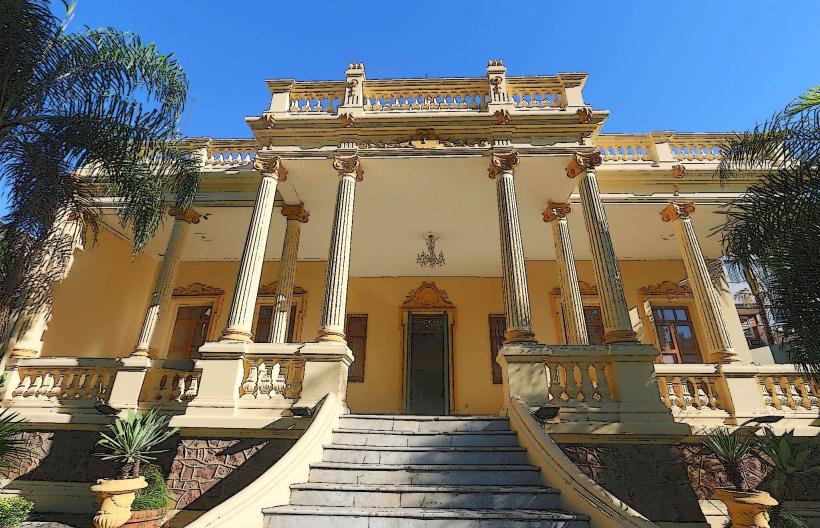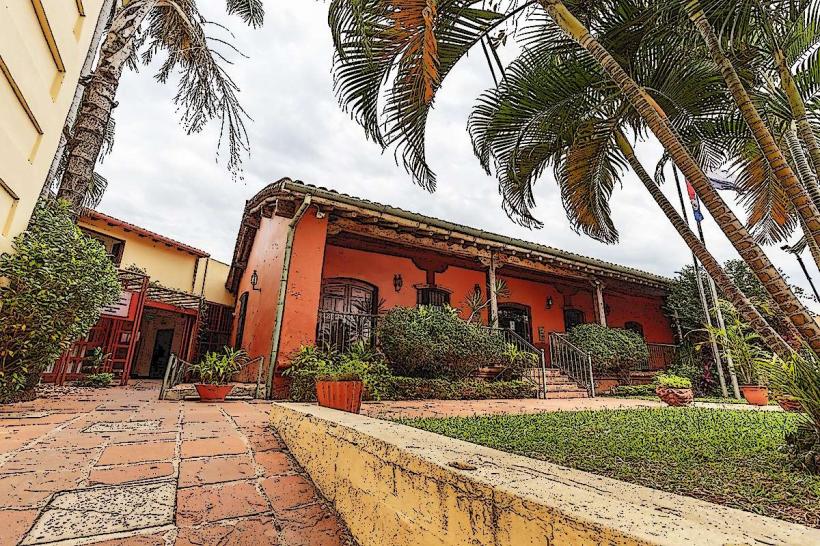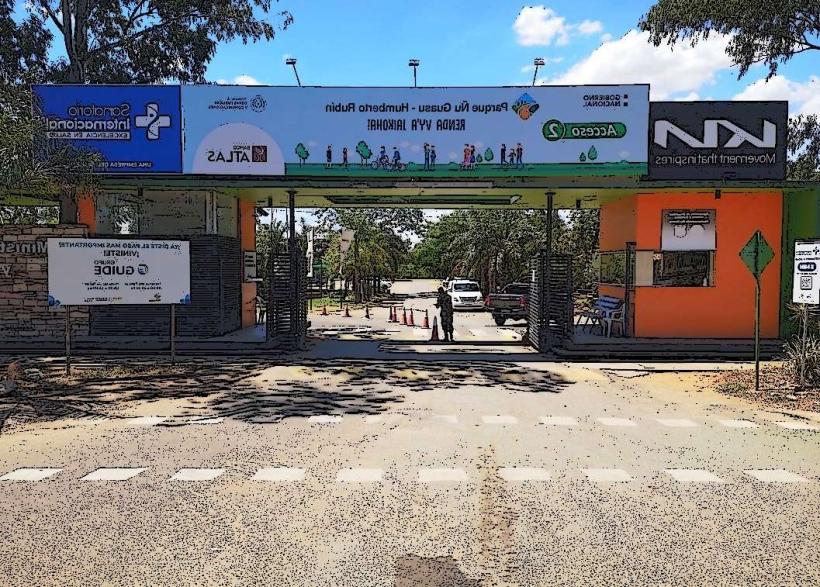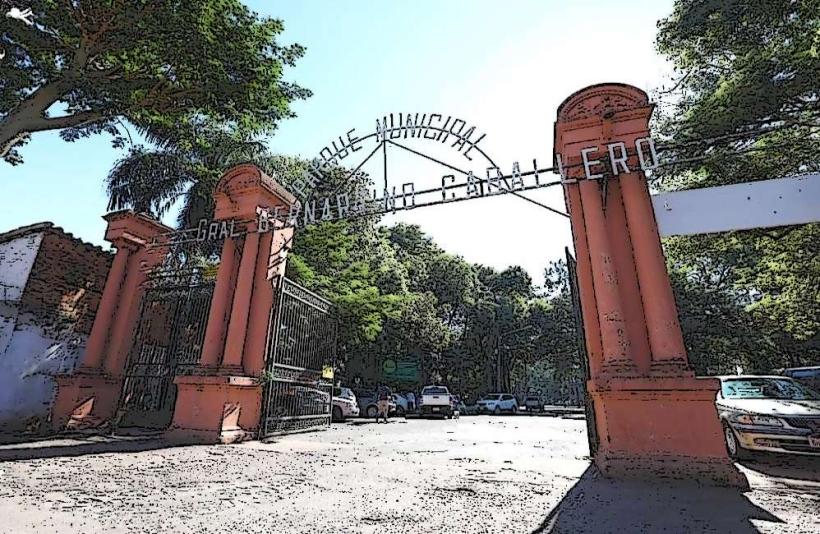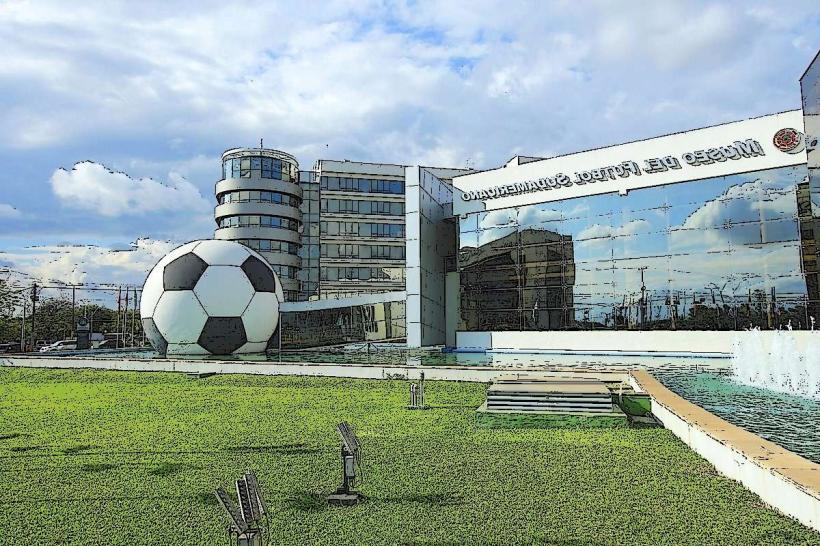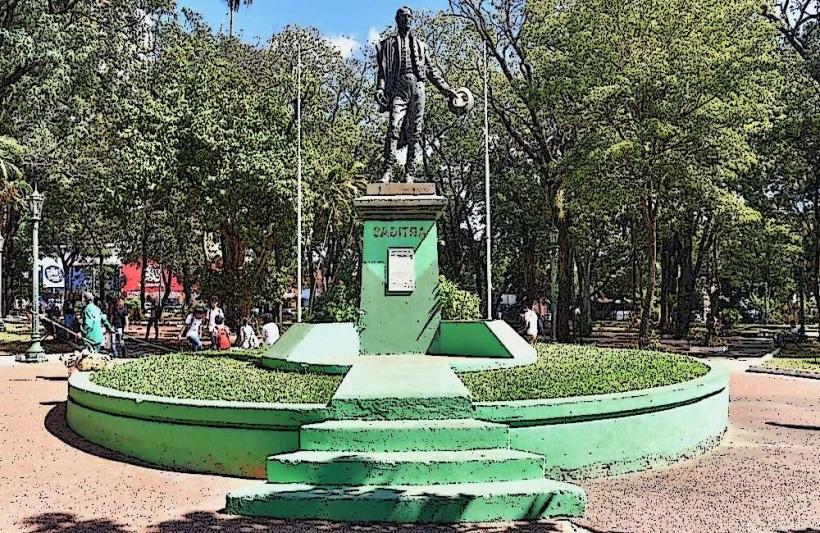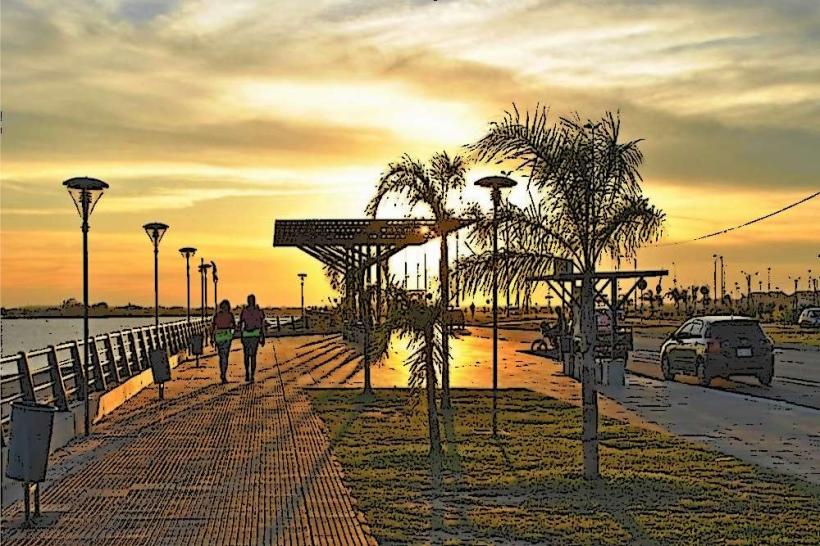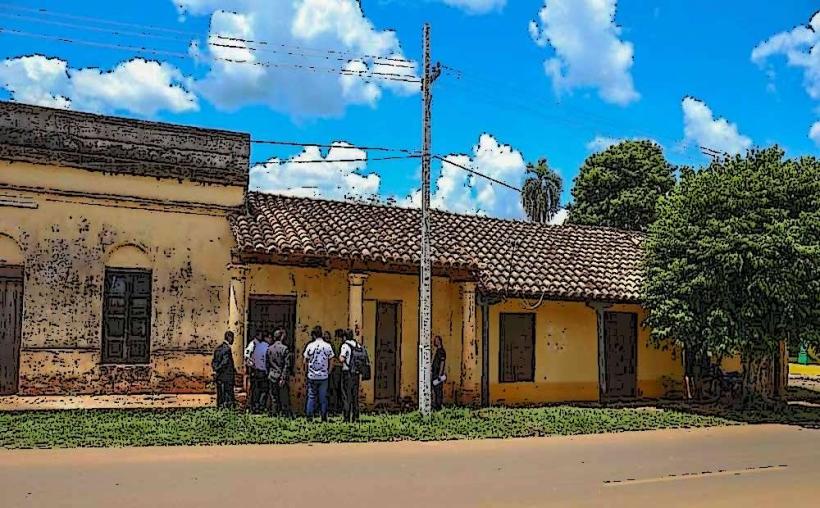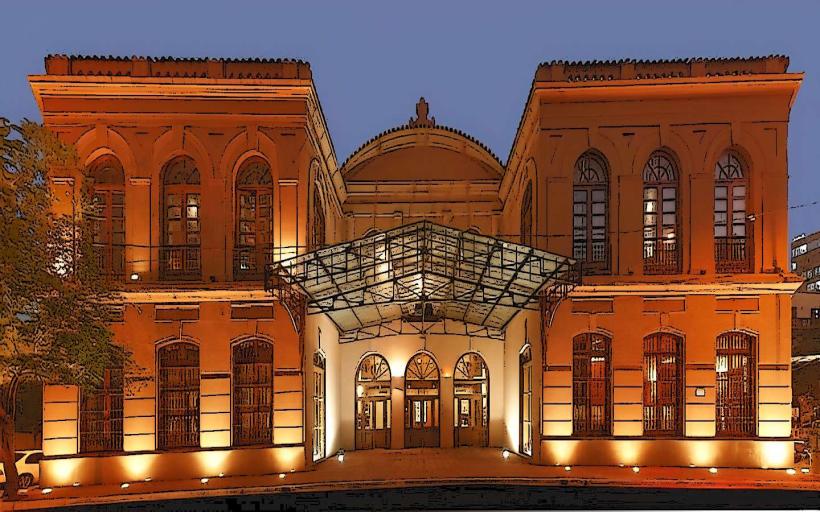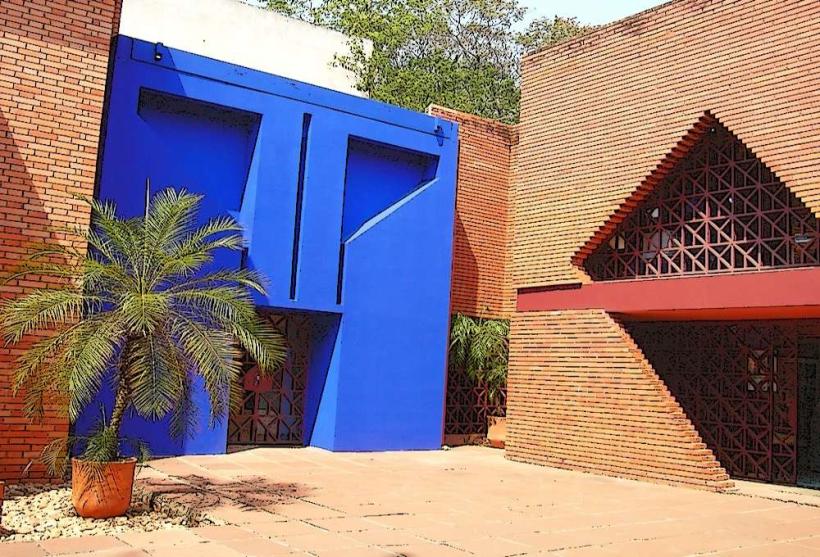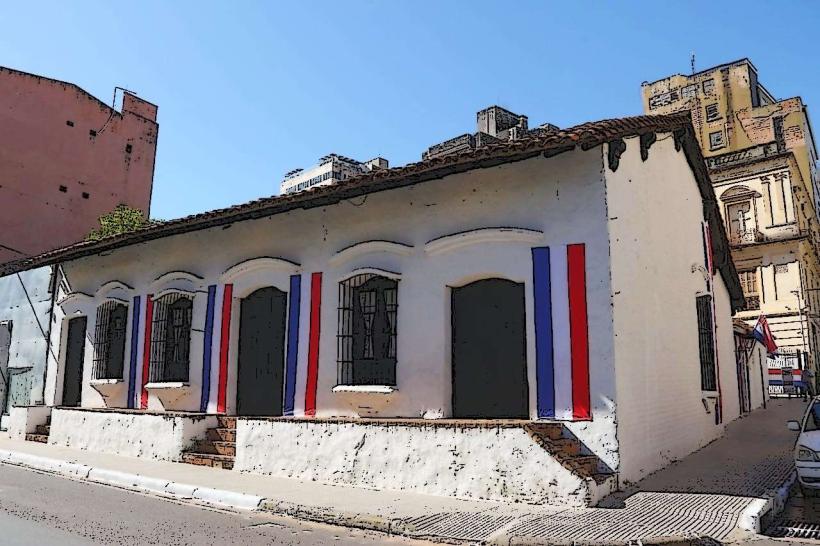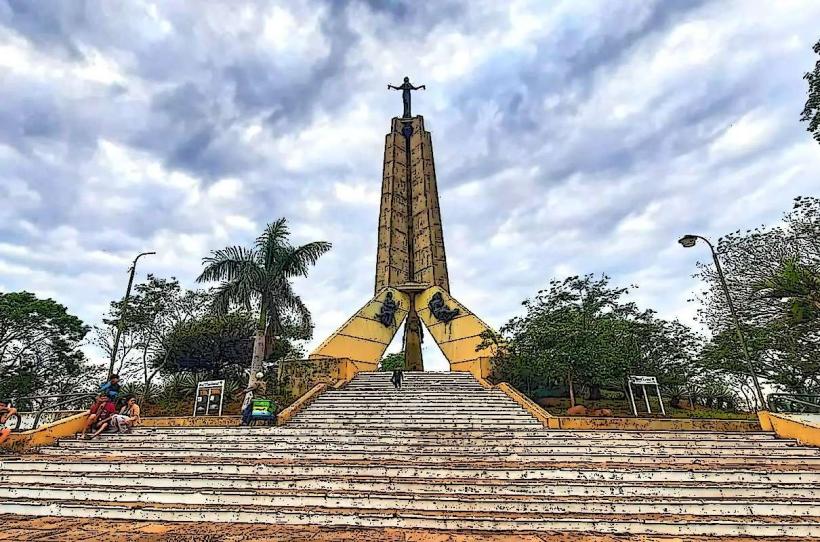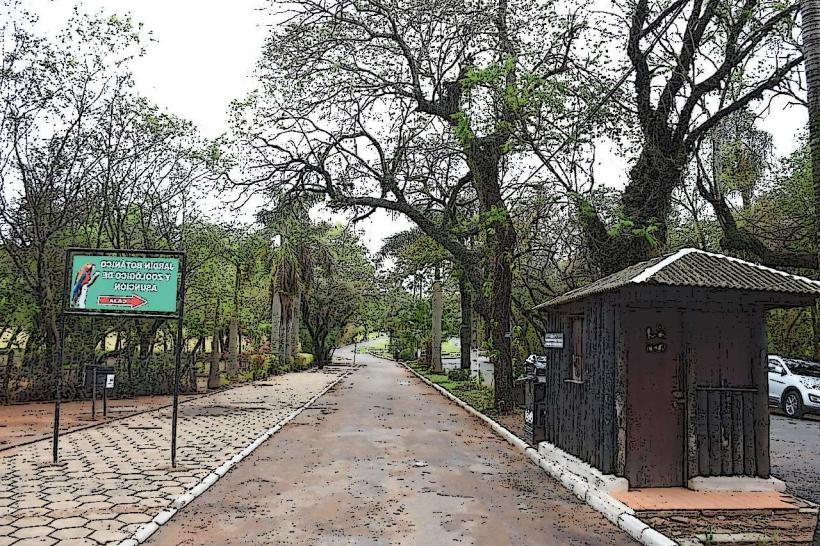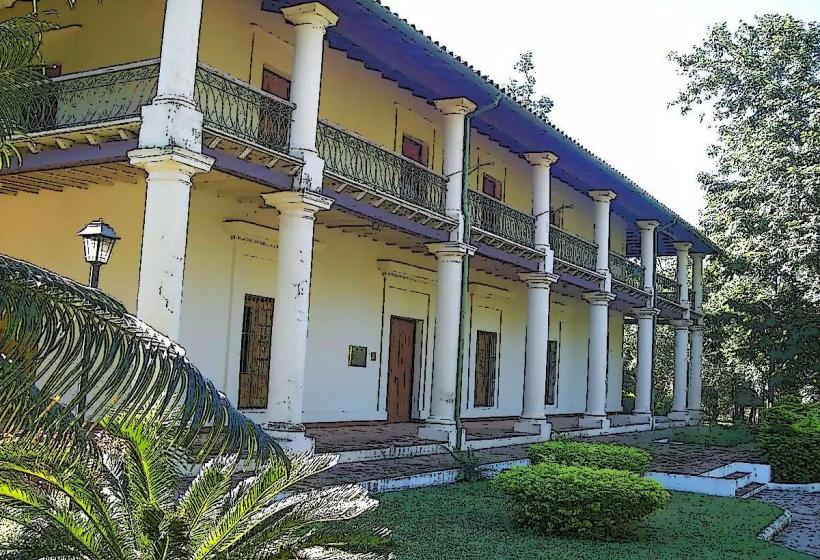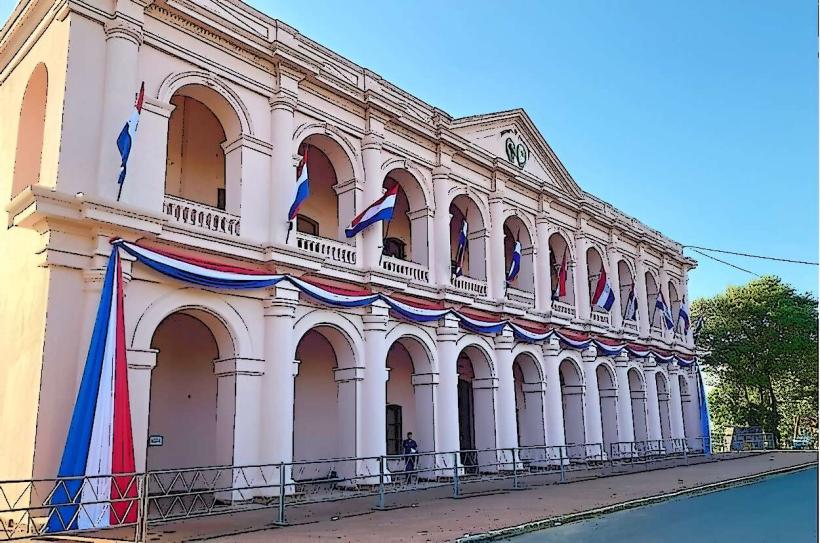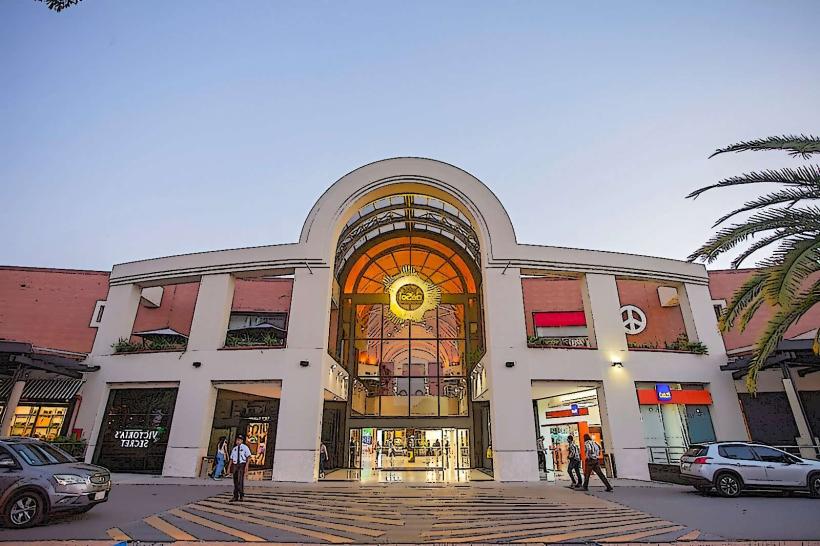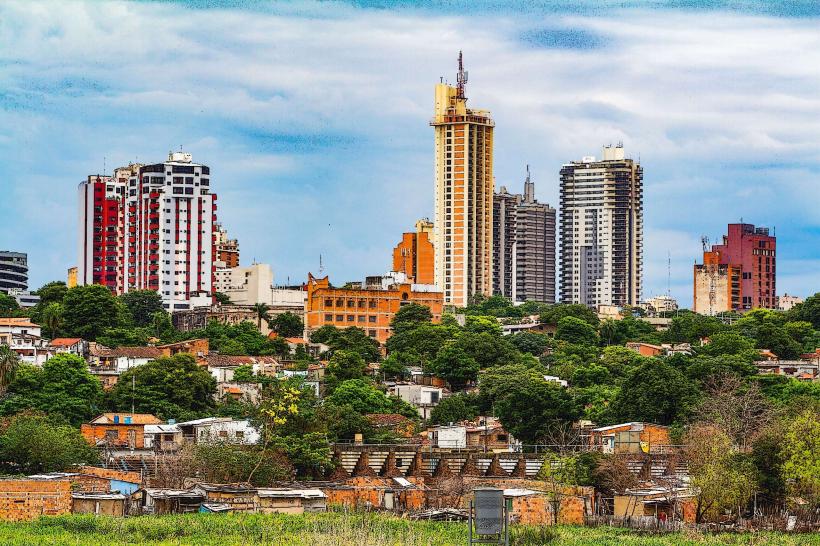Information
Landmark: Catedral Metropolitana de AsunciónCity: Asuncion
Country: Paraguay
Continent: South America
Catedral Metropolitana de Asunción, Asuncion, Paraguay, South America
The Catedral Metropolitana de Asunción is the principal Roman Catholic cathedral in Asunción, Paraguay. It is located in the city's historic center.
Visual Characteristics
The cathedral is constructed primarily of stone. Its facade features neoclassical architectural elements. The main structure is approximately 30 meters in height. The exterior is painted a light cream color, with white detailing around windows and cornices. The roof is tiled.
Location & Access Logistics
The cathedral is situated at the intersection of Mariscal Estigarribia and Yegros streets in downtown Asunción. It is approximately 1 kilometer east of the main port area. Limited street parking is available in the vicinity, often requiring payment. Public bus lines 10, 12, 15, 21, 23, 24, 25, 30, 31, 37, 38, 41, 44, 45, 47, 52, and 53 stop within a 200-meter radius.
Historical & Ecological Origin
The current structure's construction began in 1842 and was completed in 1845. It replaced an earlier colonial-era church. The original purpose was to serve as the seat of the Roman Catholic Archdiocese of Asunción.
Key Highlights & Activities
Visitors can observe the interior architecture and religious artwork. The main altar and side chapels are accessible. Photography is permitted without flash.
Infrastructure & Amenities
Restrooms are available for visitors. Limited shaded areas are present on the exterior plaza. Cell phone signal (4G) is generally available in the immediate vicinity. No food vendors are located directly on the cathedral grounds; options are available on surrounding streets.
Best Time to Visit
For interior lighting, midday hours (10:00 AM to 2:00 PM) provide direct sunlight through the windows. The best months for visiting are generally from March to November, avoiding the peak heat and humidity of summer.
Facts & Legends
A notable historical detail is that the cathedral's bells were cast using metal from cannons used during the Paraguayan War.
Nearby Landmarks
- Palacio de los López (0.3km West)
- Plaza de la Independencia (0.4km North)
- Museo Nacional de Bellas Artes (0.5km North)
- Panteón Nacional de los Héroes (0.6km North)
- Casa de la Independencia (0.7km West)

